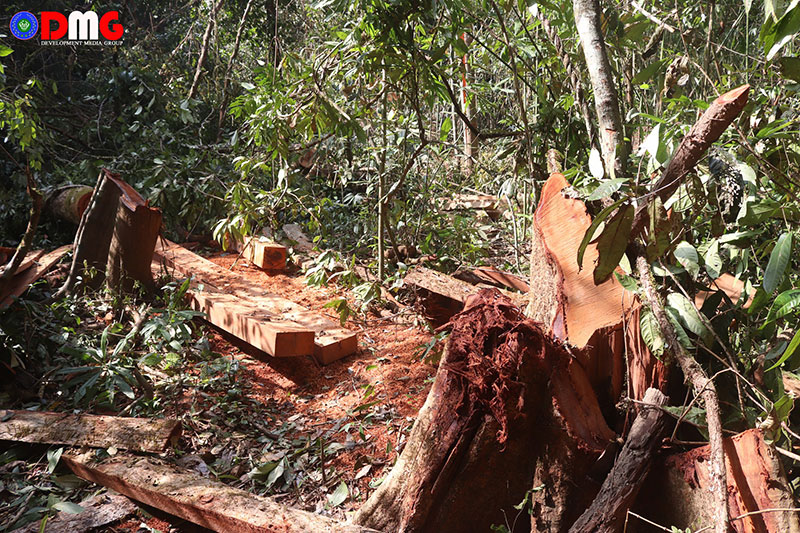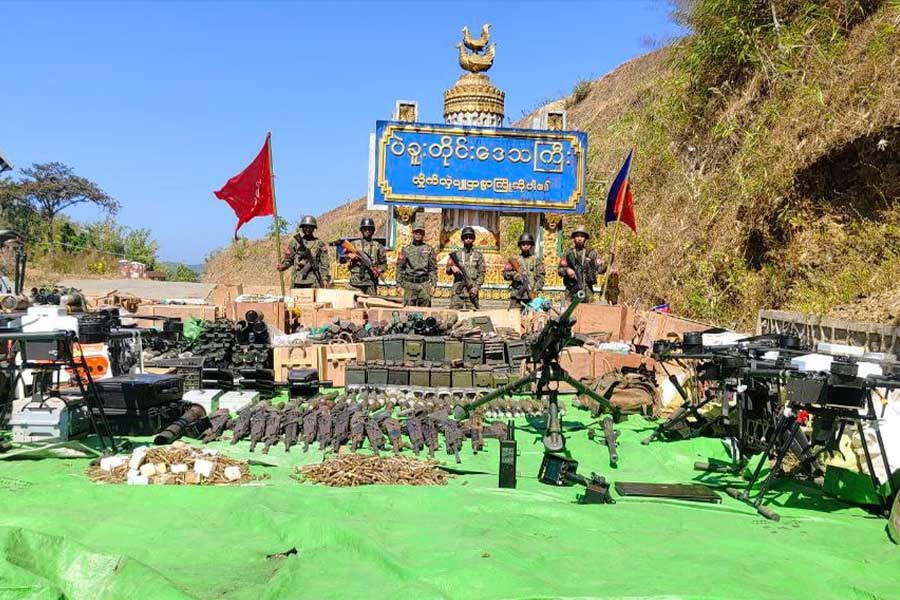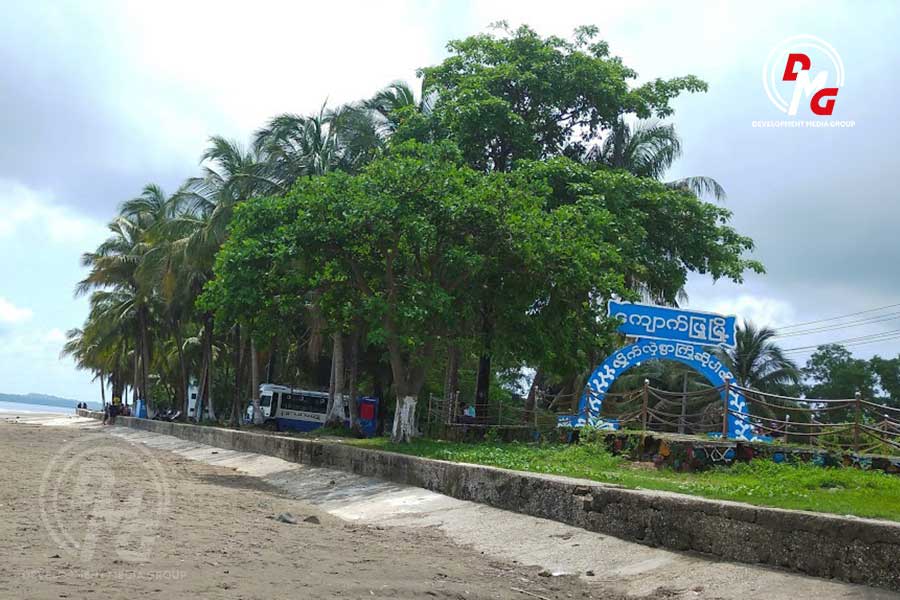Illegal logging continues to threaten Arakan State’s forests in post-coup period
Although more than half of Arakan State is covered by natural forests, these forests are being destroyed at alarming annual rates, and environmental groups point out that illegal logging is one of the main causes of deforestation, rather than legal private logging.
13 Feb 2022

DMG Newsroom
13 February 2022, Sittwe
Although more than half of Arakan State is covered by natural forests, these forests are being destroyed at alarming annual rates, and environmental groups point out that illegal logging is one of the main causes of deforestation, rather than legal private logging.
More than 494 tonnes of illegal timber were seized in Arakan State in January 2022, according to figures from the state’s Forest Department.
Environmental activists have noted that instability in the country amid the Covid-19 pandemic and in the aftermath of the military coup has exacerbated illegal logging.
“The military seized power when people were facing economic hardship due to the Covid-19 pandemic. So some wealthy people are turning their attention to logging,” said Dr. Maung Maung Kyi, chairman of the Rakhine Coastal Region Conservation Association (RCA).
February 1, 2022, marked the one-year anniversary of the military coup in Myanmar. More than 1,629 tonnes of illegal timber were seized in Arakan State between February 2021 and January 2022, according to figures from the state’s Forest Department.
Illegal timber logs were seized in Arakan State’s Taungup, Thandwe, Ann and Gwa townships, and most of the seized timber was described as “ownerless”. The timber is not only smuggled from Arakan State, but also into Arakan State from other adjoining states and regions.
The illegal seizures were reported by local Forest Department officials and security forces.
Eyewitnesses from Bawin village in Arakan State’s Kyeintali sub-township told DMG that loggers were using backhoes to build roads in the mountains, using those routes to smuggle large quantities of timber.
The Forest Department is nonetheless doing its best to arrest illegal loggers, according to a department official, who said remote areas are particularly difficult to patrol. The Forest Department official, who asked for anonymity, said his department is understaffed and unarmed, a combination hampering efforts to track down timber smugglers across Arakan State.
“The rangers have no weapons and are understaffed, making it difficult to arrest timber smugglers everywhere. Forest officials can only work with the military and the police to arrest illegal loggers,” the official added.
Illegal loggers in Arakan State are not seen carrying guns, but most carry swords and chainsaws, according to locals. Chainsaws, which were once only used by a few loggers, are now being used more extensively, further exacerbating deforestation.
“The timber merchants are cutting down trees on the Arakan Mountains using heavy machinery and backhoes. This causes a lot of damage to the environment,” said Ko Myo Lwin, an environmental activist.
Section 42(b) of the Forest Law provides for imprisonment for a term not exceeding seven years or a fine of not less than K500,000 to a maximum of K1 million, or both, for possession of logging equipment without a permit.
The RCA points out that forest resources in Arakan State are slowly declining due to over-exploitation. The association warns that if not addressed in time, ecosystems could deteriorate, with significant negative repercussions beyond the immediate impacts of the tree cover loss.














.jpg)


